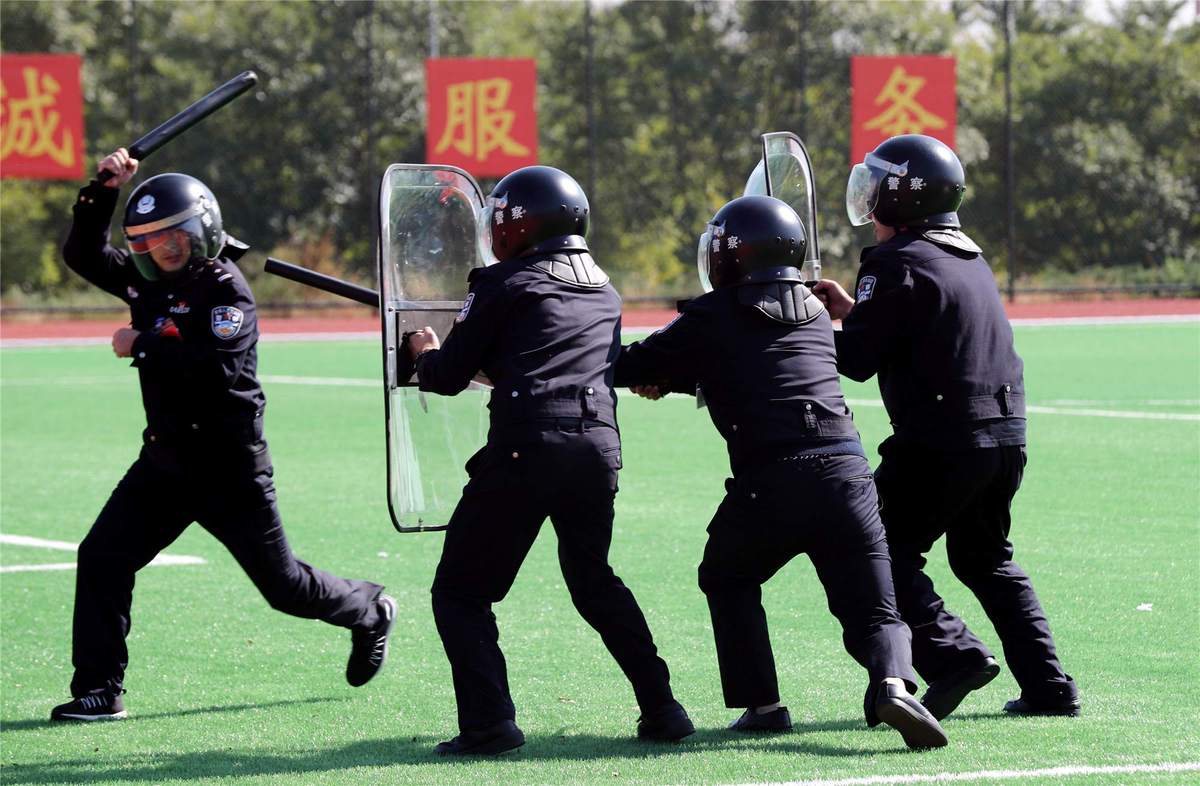Community cops build harmonious society
By Liu Zekun | China Daily | Updated: 2019-11-25 09:10

Home visits
Expats usually rent apartments when they study or work in Beijing. According to Chinese regulations, they must take their tenancy document, passport and visa to the local police station and register within 24 hours of signing the agreement. Registration, which is free, takes about five minutes.
Yan provides foreign nationals with a list of all qualified housing agencies in and around the community to ensure they can find a safe, suitable home.
"Some landlords illegally rebuild their houses and then rent out rooms, which could lead to fire hazards. Many lodgers, especially foreigners, don't know whether a house has been illegally reconstructed, so we visit and check to prevent avoidable harm," he said.
During each visit, he verifies people's basic information and tries to learn about their habits and national customs so he can offer a better service.
"A home visit can promote good relations between police and expats, and also deter people from illegal activity," he said.
Many foreign nationals are curious and even nervous about home visits. Yan recalled a woman from the United States who was quite nervous when he knocked on her door.
She said that in the US the police only visit in the event of trouble or an offense, such as speeding. She was surprised to find that the Beijing police offer such tailored community services.
Henry Pinkney, a 23-year-old who is studying for a master's in international relations at Renmin University of China, thinks the police are very friendly.
"They are really willing if you need help. Even if there are language barriers, they will try," said the British national, who has lived in London and Chicago.
He had a three-month internship with a British company in Shanghai, but he moved to Huaqingjiayuan in September, and will live there for a year.
"It's a very nice community. People are friendly. I haven't seen any crime, which is very good compared with Chicago and London, which have much more crime. That's a good thing about Beijing," he said.
Yan speaks fluent English, which enables him to make expat friends and helps with his work. He is also teaching himself Korean and Japanese, and several expats have offered study tips.
"Language is a stepping stone for me. Speaking a person's mother tongue can make our relationship closer, so we can share ideas and improve understanding. Many international students can also speak basic Chinese, which offers more opportunities to learn from one another," he said.
Understanding the expats' customs is an important task for Yan. When visiting their houses or chatting, he is careful to observe cultural norms; for instance, he knows that people from Thailand do not like to talk about their king in public, and he always takes off his shoes when entering a Japanese person's home.
"We need to be aware of the customs and respect them so we can make a good impression-I have become friends with some foreign residents," he said.
Liu Xiruo, an officer at Nanluoguxiang Community Police Station in Dongcheng district, said: "Respect is mutual; some foreign residents in my community have had minor disputes with their Chinese neighbors because they did not understand local customs."
























